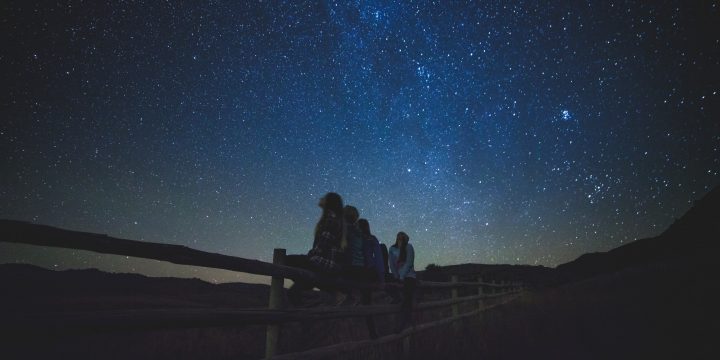
Wolf Road Donuts
My favorite interpretation of the name Wolf Moon relates it to the Wolf Trail or Road—a traditional Blackfoot name for the Milky Way. In northern climates, the stars in the winter sky are much brighter and clearer than during the rest of the year because there is so much less humidity, meaning there is no haze to obstruct your view. While teh night of a full moon isn't always the best for star gazing (but do some January star gazing for sure!), it does provide a great opportunity to learn about the Wolf Road and make these amazing donuts for a Wolf Moon celebration. I use store bought donuts (that account for everyone's allergies) making this a deceptively easy project. Chocolate Wolves: food safe silicone wolf mold chocolate melting wafers (dark,…


